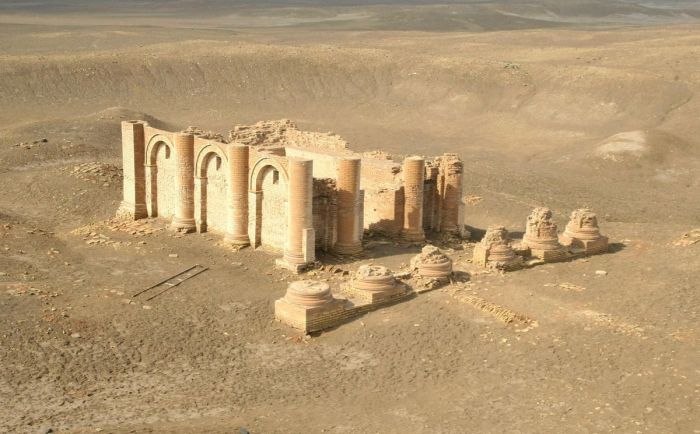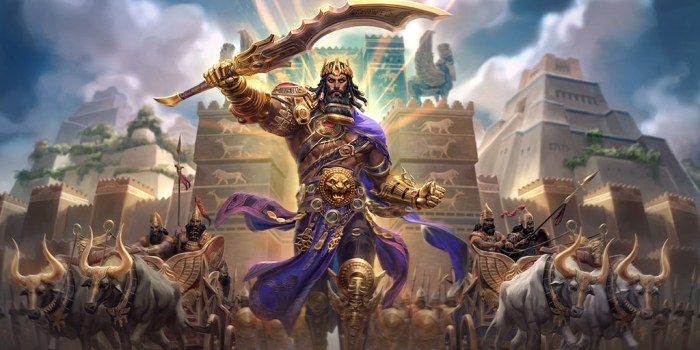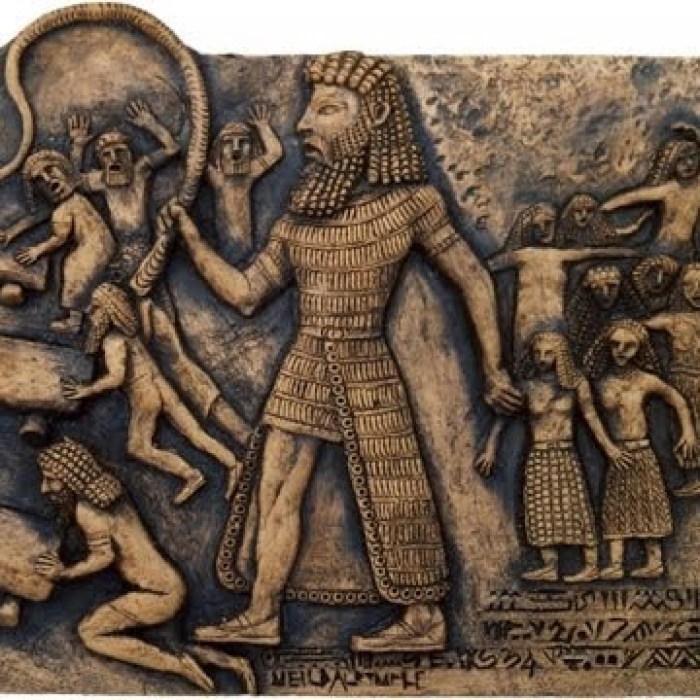Put the sequence of events from gilgamesh in chronological – Chronological Sequence of Events in the Epic of Gilgamesh sets the stage for this enthralling narrative, offering readers a glimpse into a story that is rich in detail and brimming with originality from the outset. The epic follows the journey of Gilgamesh, a legendary king, as he embarks on a quest for immortality, facing numerous challenges and encountering a cast of unforgettable characters along the way.
Gilgamesh’s epic journey is a timeless tale that explores profound themes of mortality, friendship, and the human condition. Through his trials and tribulations, Gilgamesh evolves from a prideful and arrogant ruler to a compassionate and wise leader, ultimately gaining a deep understanding of the human experience.
The Epic of Gilgamesh: A Timeless Tale of Human Striving
The Epic of Gilgamesh is one of the oldest and most influential works of world literature. It tells the story of Gilgamesh, a legendary king of Uruk, who embarks on a quest for immortality. The epic explores themes of mortality, friendship, and the human condition, and has been widely praised for its literary and historical significance.
Gilgamesh’s Journey
Gilgamesh’s quest for immortality begins after the death of his close friend, Enkidu. Determined to find a way to cheat death, Gilgamesh travels to the ends of the earth, seeking the secret of eternal life. Along the way, he encounters a variety of challenges, including monsters, gods, and the goddess Ishtar.
Gilgamesh’s Encounters
- The Humbaba: A fearsome giant who guards the Cedar Forest
- The Bull of Heaven: A monstrous bull sent by Ishtar to destroy Gilgamesh
- Utnapishtim: The sole survivor of the great flood, who possesses the secret of immortality
The Flood Myth

One of the most famous episodes in the Epic of Gilgamesh is the flood myth. The story bears striking similarities to the biblical flood story, but also has some important differences. In the Gilgamesh version, the flood is caused by the god Enlil, who is angered by the noise and violence of humanity.
Utnapishtim is warned of the flood by the god Ea and builds a boat to save himself and his family.
Similarities and Differences with the Biblical Flood Story
- Similarities:A great flood destroys all of humanity, except for a single family who is saved in a boat.
- Differences:In the Gilgamesh version, the flood is caused by Enlil, not God; Utnapishtim is not commanded to build the boat, but is warned by Ea; the flood is not a punishment for sin, but rather a way to reduce the noise and violence of humanity.
Gilgamesh’s Return
After failing to find the secret of immortality, Gilgamesh returns to Uruk a changed man. He has learned the importance of friendship and the value of human life. He also realizes that the true meaning of life is not to live forever, but to live a good and meaningful life.
Gilgamesh’s Transformation
- He becomes more humble and compassionate.
- He values friendship and loyalty above all else.
- He realizes that the true meaning of life is to live a good and meaningful life.
Themes in the Epic of Gilgamesh

The Epic of Gilgamesh explores a wide range of themes, including:
Mortality and the Search for Immortality
The epic is a meditation on the human condition and the inevitability of death. Gilgamesh’s quest for immortality is ultimately unsuccessful, but it leads him to a deeper understanding of life and death.
Friendship and Loyalty
The friendship between Gilgamesh and Enkidu is one of the central themes of the epic. Their bond is unbreakable, even in the face of death.
The Human Condition
The epic explores the human condition in all its complexity. Gilgamesh is a flawed hero, but he is also capable of great love and compassion. The epic shows that humans are capable of both good and evil, and that the true meaning of life is to find a balance between the two.
The Legacy of the Epic of Gilgamesh: Put The Sequence Of Events From Gilgamesh In Chronological

The Epic of Gilgamesh has had a profound impact on world literature. It is one of the oldest known works of literature, and it has been translated into many languages. The epic has been praised for its literary and historical significance, and it continues to be studied and enjoyed by people around the world.
Impact on World Literature, Put the sequence of events from gilgamesh in chronological
- The epic is one of the earliest examples of written literature.
- It has been translated into many languages and has been adapted into various forms, including plays, operas, and films.
- The epic has influenced many other works of literature, including the Bible, the Odyssey, and the Aeneid.
User Queries
What is the significance of the flood myth in the Epic of Gilgamesh?
The flood myth serves as a pivotal event in the epic, testing Gilgamesh’s character and revealing the capricious nature of the gods. It also establishes a parallel with the biblical flood story, highlighting the universality of certain mythological themes.
How does Gilgamesh’s character develop throughout the epic?
Gilgamesh undergoes a profound transformation from a self-centered and arrogant king to a compassionate and wise leader. His journey teaches him the importance of friendship, humility, and the acceptance of mortality.